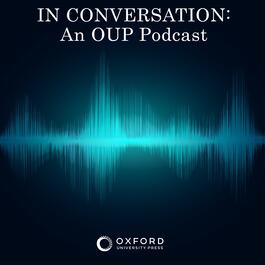
This book poses the question: How relevant is the concept of war today? Professor Andrew Clapham of the Graduate Institute of International and Development Studies in Geneva examines how notions about war continue to influence how we conceive rights and obligations in national and international law. It considers the role international law plays in limiting what is forbidden and what is legitimated in times of war or armed conflict. The book highlights how, even though war has been outlawed and should be finished as an institutions, sates nevertheless continue to claim that they can wage necessary wars of self-defence, engage in lawful killings in war, imprison law-of-war detainees, and attack objects that are said to be part of a war-sustaining economy. Professor Clapham argues that, while there is general agreement that war has been abolished as a legal institution for settling disputes, the time has come to admit that the belligerent rights that once accompanied states at war are no longer available. In other words, simply claiming to be in a war or an armed conflict does not grant anyone a licence to kill people, destroy things, and acquire other people’s property or territory. In this podcast, we begin by exploring Professor Clapham’s motivation for writing the book and the central arguments challenging traditional ideas of war, law, and state power. We discuss how historical, and outdated, ideas of ‘prize’ or war booty continue to influence modern conflict, and explore how rhetorical usages of the words ‘war’ and ‘armed conflict’ exert a particular influence on populations and even on the soldiers themselves. Professor Clapham argues that human rights law should play a bigger role in limiting actions of states in armed conflict, and looks to the future legal challenges posed by cyber warfare, drones and AI / autonomous weapons. We also touch on accountability for war crimes and other international crimes, both at the level of international state responsibility as seen at the International Court of Justice, and at the individual criminal liability as seen in the International Criminal Court. We end with an intriguing insight into how Professor Clapham is looking to further develop his thinking for his next book. This book is available OPEN ACCESS here. Alex Batesmith is an Associate Professor in Legal Professions in the School of Law at the University of Leeds, and a former barrister and UN war crimes prosecutor, with teaching and research interests in international criminal law, cause lawyering and the legal profession, and law and emotion. His University of Leeds profile page can be found here: Bluesky: @batesmith.bsky.social LinkedIn
From "In Conversation: An OUP Podcast"


Comments
Add comment Feedback